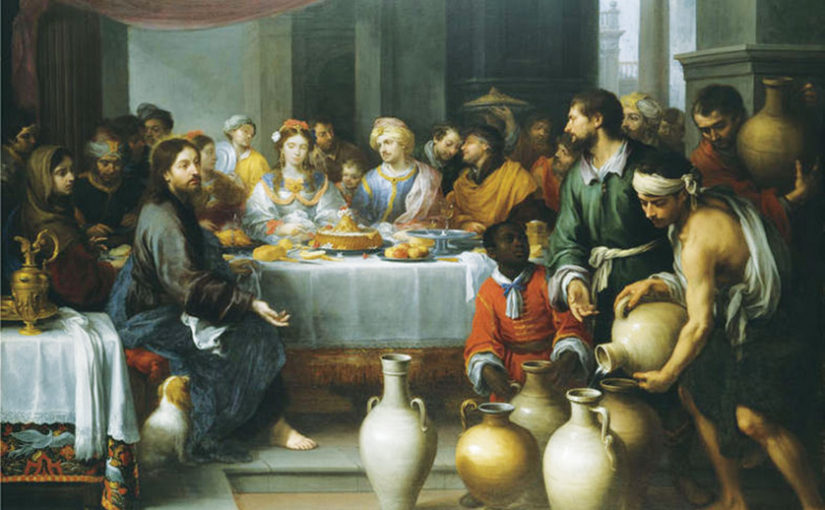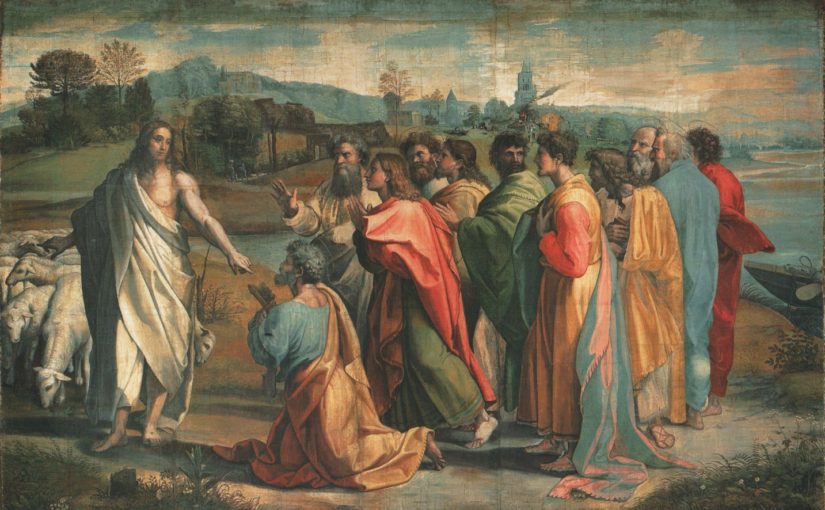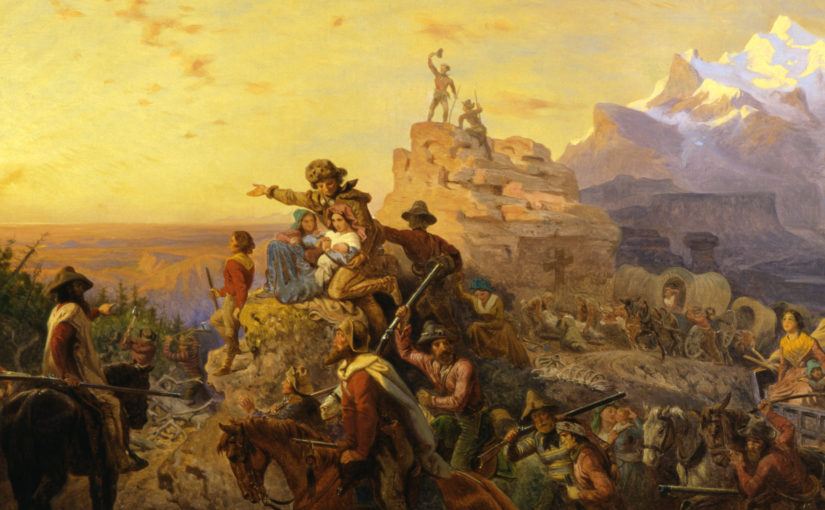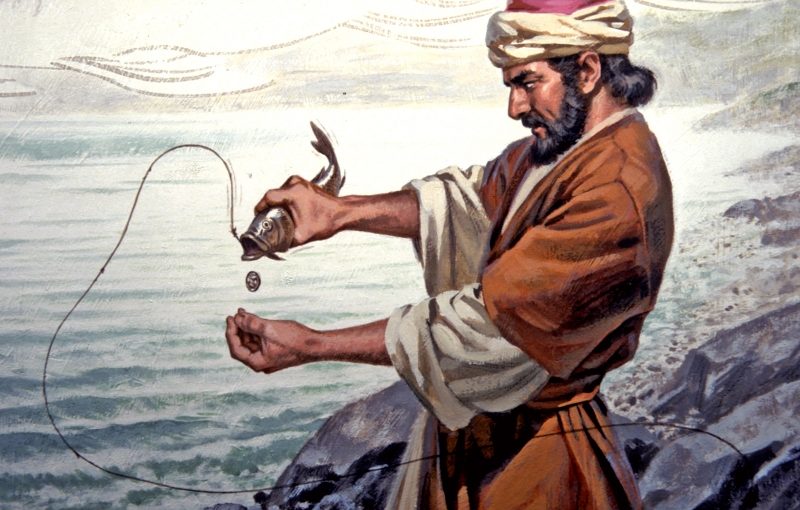Today’s reading: Mark 2
This post started as a personal journal entry. I was uncertain on posting it. My hope is that my decision to post it publicly will be profitable for someone out there. Please excuse any lack of ‘flow’ here this was primarily a working document to aid me in testing a feeling I felt prompted by scripture to test:
In my estimation, the world’s version of the feeling:
- A longing for greatness
- A longing to have ‘impact’
In my estimation, the Christians’ version of the feeling:
- A longing to hear “Well done good and faithful servant.”
- A longing to make the most of the life God has given me.
The dilemma for me has been, ‘which feeling is real?’ Is the Christian version simply a rationalization of the world’s? The Bible tells us that man has a hard time discerning their own heart or motives. (Proverbs 20:5, Psalm 139:23-24, Psalm 51:10) This is the scary part. Our love for the LORD leads us to want to work hard for Him, but it seems that the harder we work, the faster we go, the further off the path we can find ourselves at a moment’s notice.
At the root of these feelings, the truth to me seems to lie in questions of destiny. When I read two simple words from today’s reading, a command from Christ, the answer seems so simple, the words of our Savior; “Follow me.” From Mark 2:14.
What follows are reflections on questions that have helped me test my heart by working through what I believe (what the Bible declares) and how it relates to the feelings listed above in the context of destiny.
High or low views of self?
A high view of self or one’s destiny, in my estimation is cause for alarm. The pride of life is a tool of Satan, a lie that if believed in our hearts can lead to all sorts of usurping and troubles. (1John 2:16, Proverbs 4:23) Still a low view self or one’s destiny is also cause for alarm in my estimation, for this would lead to another set of lies. Believing one has no greatness in them leads to sloth, hopelessness and self indulgence.
What is the proper view of of self?
The proper view of self seems simple to find on its own. God created man, therefore God defines man. God defines each self. The proper view of self is then in Christ and His tidings of goodwill toward man. In other words, the proper view of self is defined in the good news.
How do these longings of destiny relate to the proper view of self?
It seems that these longings in destiny are righteous in Christ. Whereas the lies in destiny are laid up in self without Christ. Put another way, the world’s definition of greatness is far different from Christ’s (Matthew 18:1-5). Usurping should be replaced with responding in love. Positioning replaced with being positioned by the Holy Ghost. Striving for greatness in the world replaced with striving for greatness in heaven. A proper view of self is that we are great, strong and rich in Christ but lowly, weak and destitute in self without Christ.
How can I maintain the proper view of self in relation to destiny?
The image below is what formed in my mind from a line in C.S Lewis’ Mere Christianity,
“For the Present is the point at which time touches eternity.” – C.S. Lewis
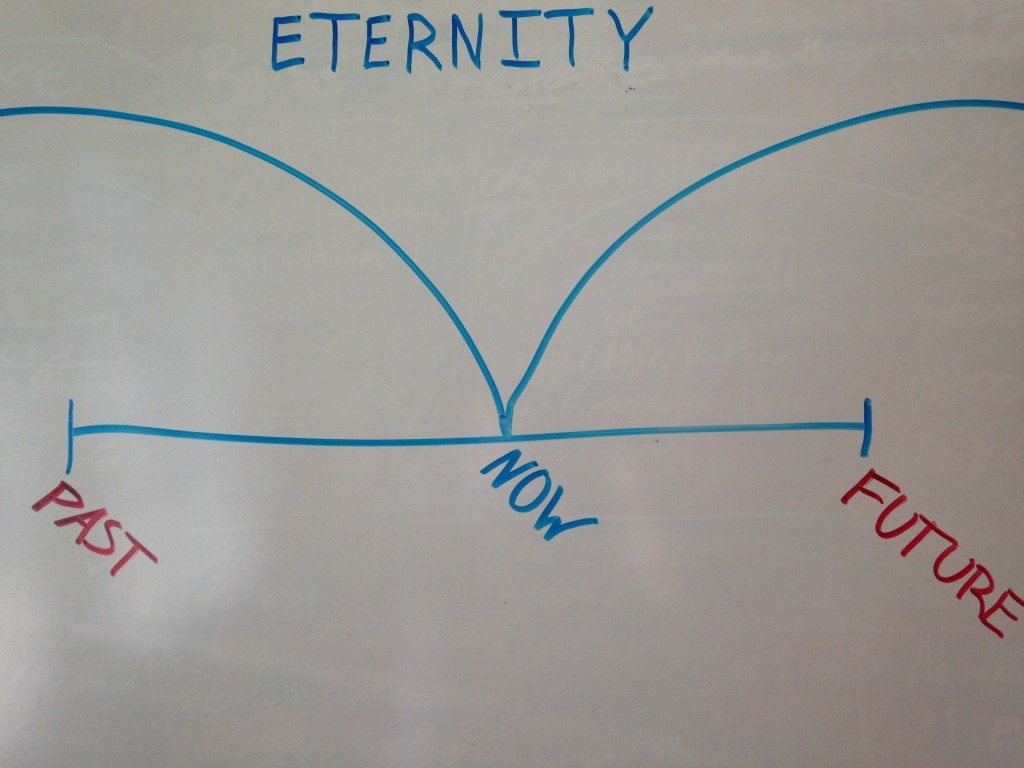
In my estimation, maintaining the proper view of self requires discernment of truth in God’s definition of self. One of the many schemes of the Devil seems to be wrapped up in man’s view of destiny of self; having one believe they hold the Christian view of destiny, yet maintaining the world’s. In this state, a consistent fear and worry about how the past will affect the future or how this or that in the future will keep one from their destiny seems to persist and distract from what one should be doing now to affect eternity.
I have been taught that often when I am anxious or worried about projects I am working on it is likely because I have not committed them to the LORD. That I am being prideful and working for my own selfish interests.
Destiny, when considered through this perspective of where time touches eternity, is more of a state of present abiding in Christ rather than a future uncertain state to be won. Our destiny is in Christ and has been won. We experience our destiny by abiding in Christ now.
The more I consider what opportunities from God lay before the present, the more I become obsessed with souls. The more I trust in the LORD, the more I focus on others and their eternity and let the rest go where it will. The more I stay focused on now, and how what I am doing now affects other’s eternities, the more peace I receive in my destiny and impact for Christ.
O that I might abide in God and go in peace. Praise God that He makes righteous those who believe in Him! (Romans 10:10)
Painting: Westward the Course of Empire Takes Its Way by Emanuel Leutze
